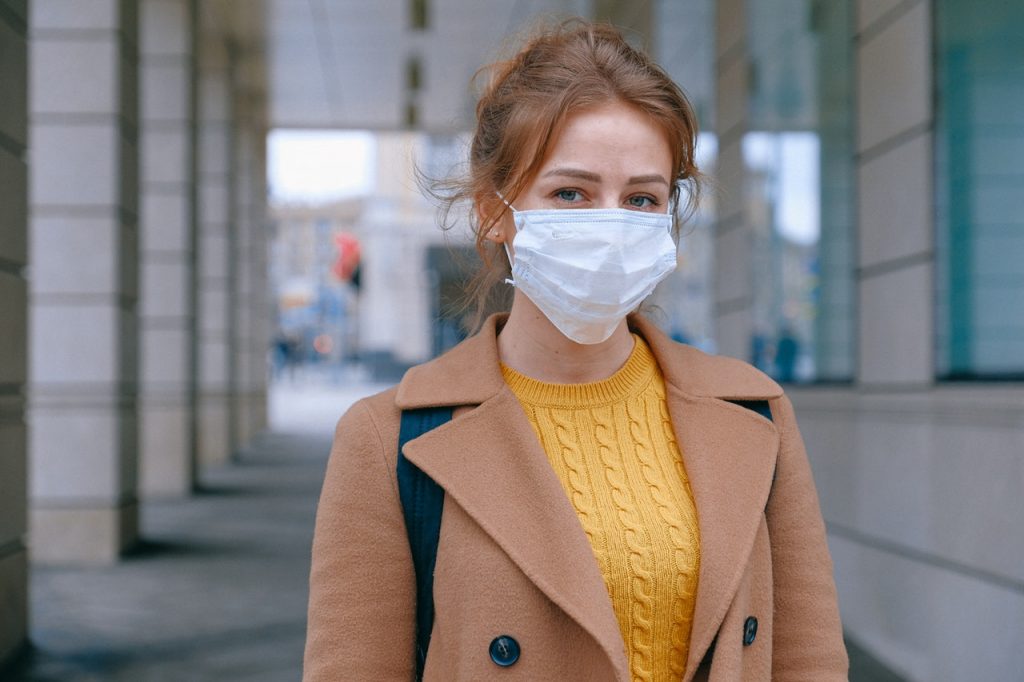As our world continues to be rocked by the Coronavirus-Covid19 pandemic, let’s look at what we know and where we are. I’m on my 11th day inside my home and the authorities were correct—I am safer. I intend to stay there until somebody drags me out kicking and screaming. So long as there is milk, Cheerios, ground beef, chicken, onions, and potatoes in the cupboard and freezer, I may be here indefinitely.
During the early days of my “safer” journey, I went to the mailbox every day. After repeated news stories and research showed the virus could live on surfaces longer than we realized, I decided I’d go twice a week instead. Unfortunately like with every other disaster—tornado, hurricane, flood–what we don’t pay attention to us is killing us. When what’s happening isn’t our reality, we figure someone else will fix the problems.
If you’re not a restaurant owner/worker, you don’t have to think about that $2.13 cent salary the average server earns in hourly pay. Tips are their lifeline and without them, it’s impossible to make ends meet. On a given day, when restaurants are open and busy, we can enjoy our meal and not have to worry about the plight of the server.
When schools recently closed for an extended break, more than 55 million students by some accounts, were left to eat what was in the house. I have stood in front of a full refrigerator complaining about there being nothing to eat but when this is literal, that’s the color of another horse. Often the two meals students get at school daily are the only ones they have all day, so if they miss school, they don’t eat.
Further, where people live—in areas away from trendy new apartments downtown, in the wrong ZIP Code, in low-income housing—may be the determining factor in whether they can “shelter in place” or if they need to seek shelter elsewhere. Many colleges had to contend with unexpected challenges when they sent their students home—things like some students didn’t have a home to return to, and many international students come from countries that are shut down and/or would be too expensive to return to on short notice.
Most schools resorted to online classes but when students don’t have their own laptop or access to the library, it’s inconvenient to do schoolwork. While we probably take our wi-fi and internet connections for granted, when you don’t have connectivity, there’s a Texas-size problem (everything in Texas is big so the story goes).
Enough of my 24-hour wall to wall repetition of the problems, the question today is what are the lessons and what can we do differently?
First, when this time of tribulation is over, let’s advocate for an increase in minimum wage for industries with low wages (like teachers, maids, daycare workers, etc.) Tell the proprietors we don’t mind paying a little more for the food or room so they can pay their employees a decent wage.
Tip more generously.
Take a closer look at poverty and its effects. Be reminded that the millions of people who live paycheck to paycheck are good, honest, and hardworking. They deserve excellent healthcare and affordable housing. Insist that we all have it.
Finally, lead with your heart and pay it forward every chance you get. Be well known for your compassion and grace. Generously share your time, talents, and treasure.
Mentor and lift as you climb. We really are all in this together—extend an elbow and be proud you survived.
Share your tips for staying healthy and overcoming this pandemic at #drbondhopson on Twitter and Facebook!
Looking for inspiration, empowerment, uplift, straight talk, an encouraging word to brighten your day? You’ve arrived! Meet Dr. Cynthia Ann Bond Hopson, best-selling author, educator, inspirational speaker, sistergirl–she’s all that and more. All the way from Stanton, TN (you can’t get there from here) to 50 states, six continents and everything in between, she’s wise, witty and altogether wonderful. She enthusiastically invites you to slow down, sit a spell, and share a giggle or two.




